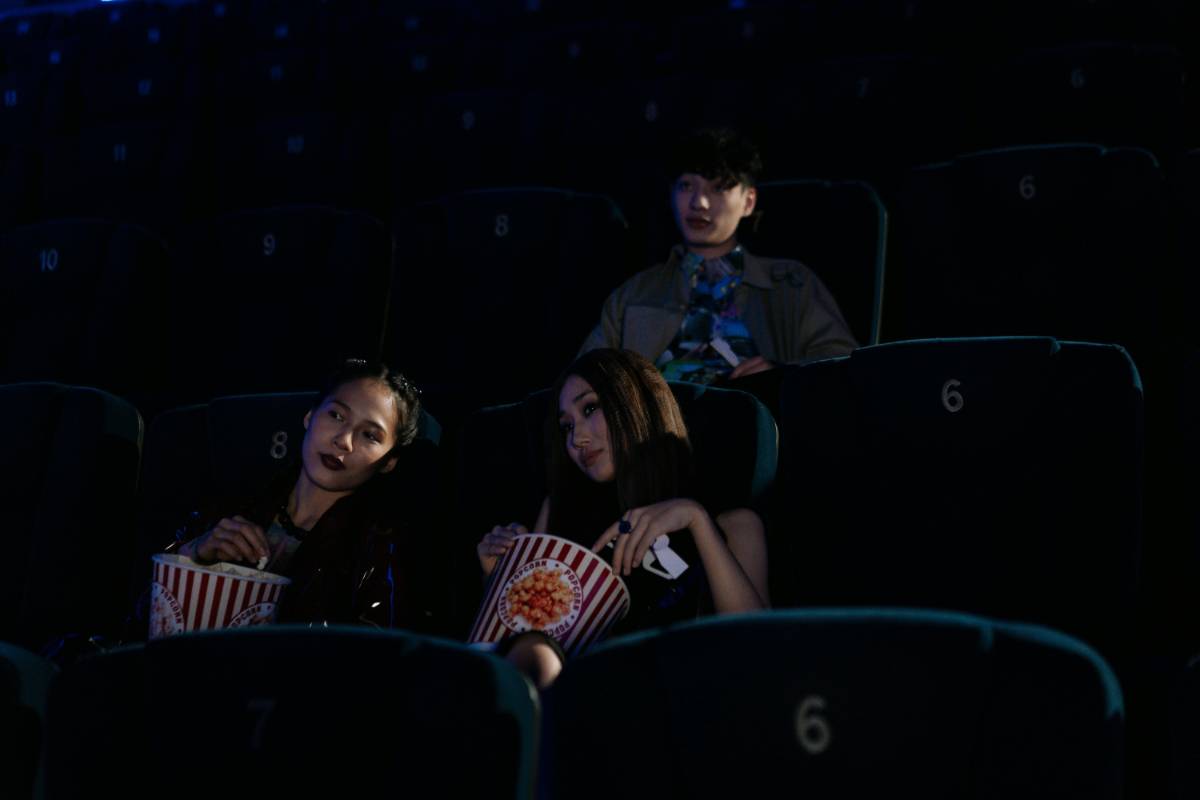The Rise of Hollywood Franchises in Video Games and Merchandise
04 Oct 2025
Read Time: 8 min read

Hollywood franchises have transcended the boundaries of cinema, becoming cultural phenomena in the worlds of video games and merchandise. From superhero sagas to epic fantasy tales, Hollywood's most iconic films have expanded into interactive video games, collectibles, and a wide range of branded products that allow fans to engage with their favorite stories in new ways. This article delves into how Hollywood franchises have successfully bridged the gap between movies and other entertainment mediums, creating immersive experiences for fans and significant revenue streams for studios.
 The Movie-to-Game Adaptation Phenomenon
The Movie-to-Game Adaptation PhenomenonFor decades, Hollywood has been adapting popular movies into video games. While many of these early adaptations were often criticized for their poor quality and rushed development, the rise of more advanced gaming technology has allowed for movie-based games to evolve into high-quality, immersive experiences. With the advent of powerful consoles and PCs, filmmakers and game developers have been able to recreate the worlds of their films in stunning detail, offering players a chance to experience their favorite movies in a more interactive way.
One of the most notable examples of a successful movie-to-video game adaptation is the "Star Wars" franchise. Games like "Star Wars: Knights of the Old Republic" and the more recent "Star Wars Jedi: Fallen Order" have been praised for their engaging storylines, deep character development, and faithful representation of the Star Wars universe. These games not only cater to existing fans of the franchise but also attract new audiences who may not have been familiar with the films.
Similarly, superhero films, particularly the Marvel Cinematic Universe (MCU), have successfully branched out into video games. Titles like "Spider-Man" (PS4) and "Marvel’s Avengers" have allowed fans to take on the roles of their favorite superheroes, engaging in thrilling battles and adventures while exploring the expansive worlds that these characters inhabit. As the MCU continues to grow, so too does the presence of Marvel video games, providing a seamless connection between the silver screen and interactive entertainment.
Bridging the Gap: The Role of MerchandiseHollywood franchises have also had an enduring impact on the merchandise industry. From action figures and toys to clothing and home décor, movie-related products have become a multi-billion dollar industry. The success of these products lies in their ability to capitalize on the emotional connection fans have with their favorite franchises.
The "Star Wars" franchise is once again a prime example. Since the release of the original trilogy in the 1970s, Star Wars merchandise has been an essential part of the cultural landscape. Iconic items like action figures, LEGO sets, and even collectible lightsabers have allowed fans to bring pieces of the Star Wars universe into their own homes. The franchise's continued success at the box office has been mirrored by its lucrative merchandise sales, demonstrating the power of the movie-to-merchandise model.
Marvel has similarly embraced the merchandise industry, with a vast array of products featuring its characters. Action figures, clothing, posters, and toys have created a massive consumer market for fans of the MCU. Merchandise sales play a crucial role in expanding the franchise’s reach beyond the theater, offering fans tangible connections to the films they love. Furthermore, Disney's ownership of Marvel has allowed the studio to tie in merchandise sales with theme park experiences, creating a comprehensive Marvel ecosystem that extends across various platforms and products.

In many cases, video games based on Hollywood franchises offer more than just a chance to relive the events of the films—they also extend the narrative in new and innovative ways. These games often serve as a continuation of the story, exploring what happens to beloved characters after the credits roll, or providing new perspectives on the events that unfold onscreen.
For example, in the "Batman: Arkham" series, players get to step into the boots of the Dark Knight as he fights crime in Gotham. The game expands upon the world established in the films, introducing new characters and storylines while staying true to the spirit of the Batman mythos. Similarly, the "Spider-Man" game from Insomniac Studios offers players a fresh take on the beloved superhero, exploring Peter Parker's life as both a superhero and a regular man, giving fans a deeper connection to the character and his universe.
In some cases, these video games even have an impact on the larger franchise. The success of games like "The Witcher 3" and "The Last of Us" has led to their adaptation into successful TV shows, demonstrating the potential for video games to influence the direction of Hollywood properties. The crossover between gaming and film continues to grow, with stories now being told across multiple mediums, creating an interconnected universe for fans to explore.
💡 Discover More from Hollywood
The rise of mobile gaming has opened up new avenues for Hollywood franchises to expand their reach. Games like "Jurassic World: The Game" and "The Walking Dead: No Man's Land" have allowed fans to engage with their favorite franchises on the go, building and managing their own virtual versions of the worlds they love. Mobile gaming, with its accessibility and ease of use, has become a key platform for Hollywood studios to continue telling stories and engaging with fans long after a movie's release.
The future of Hollywood franchises in video games and merchandise looks brighter than ever. With the increasing demand for immersive experiences, studios are investing more in creating interactive and cross-platform narratives. Virtual reality (VR) and augmented reality (AR) technologies are poised to play a significant role in the future of franchise storytelling. Imagine walking through the streets of Gotham City in VR or battling alien invaders from "Starship Troopers" in AR—these technologies are set to bring Hollywood franchises to life in new and thrilling ways.
Furthermore, merchandise will continue to be a major part of Hollywood's strategy to keep fans engaged. With the rise of limited-edition products, high-end collectibles, and personalized experiences, fans can immerse themselves deeper into the worlds of their favorite movies. Collaborations with fashion brands, artists, and designers will ensure that the connection between film and merchandise remains strong, providing fans with new ways to express their love for their favorite franchises.
ConclusionThe rise of Hollywood franchises in video games and merchandise is a testament to the power of storytelling and fan engagement. As franchises like "Star Wars," "Marvel," and "Jurassic Park" continue to grow, they are increasingly finding success in the worlds of interactive entertainment and consumer products. Video games allow fans to experience stories in new and innovative ways, while merchandise provides tangible connections to the worlds they love. Together, these elements create an expansive ecosystem that keeps fans engaged and invested in their favorite franchises, ensuring their lasting impact across multiple generations.
Stay Informed
Get the latest and most accurate news delivered straight to your inbox. Subscribe now and never miss an update.

Rajat Sen
An insightful voice in the industry, crafting content that informs, inspires, and connects with readers.
View all articles →Continue Reading

Travel
How to Make the Most of Business Class Benefits on Your Next Corporate Flight
By David Thompson
02 Oct 2025

Travel
How to Make the Most of Your Corporate Travel Perks – Expert Tips Inside!
By James Carter
31 Aug 2025

Travel
Exploring Indigenous Cultures: Destinations and Responsible Tourism Tips
By Rahul Sharma
20 Sep 2025

Travel
Why Your Corporate Travel Policy May Be Costing You More Than You Think
By David Thompson
18 Sep 2025

Travel
How to Make the Most of Your Airline Miles – Tips from Travel Experts
By Olivia Mitchell
23 Sep 2025












